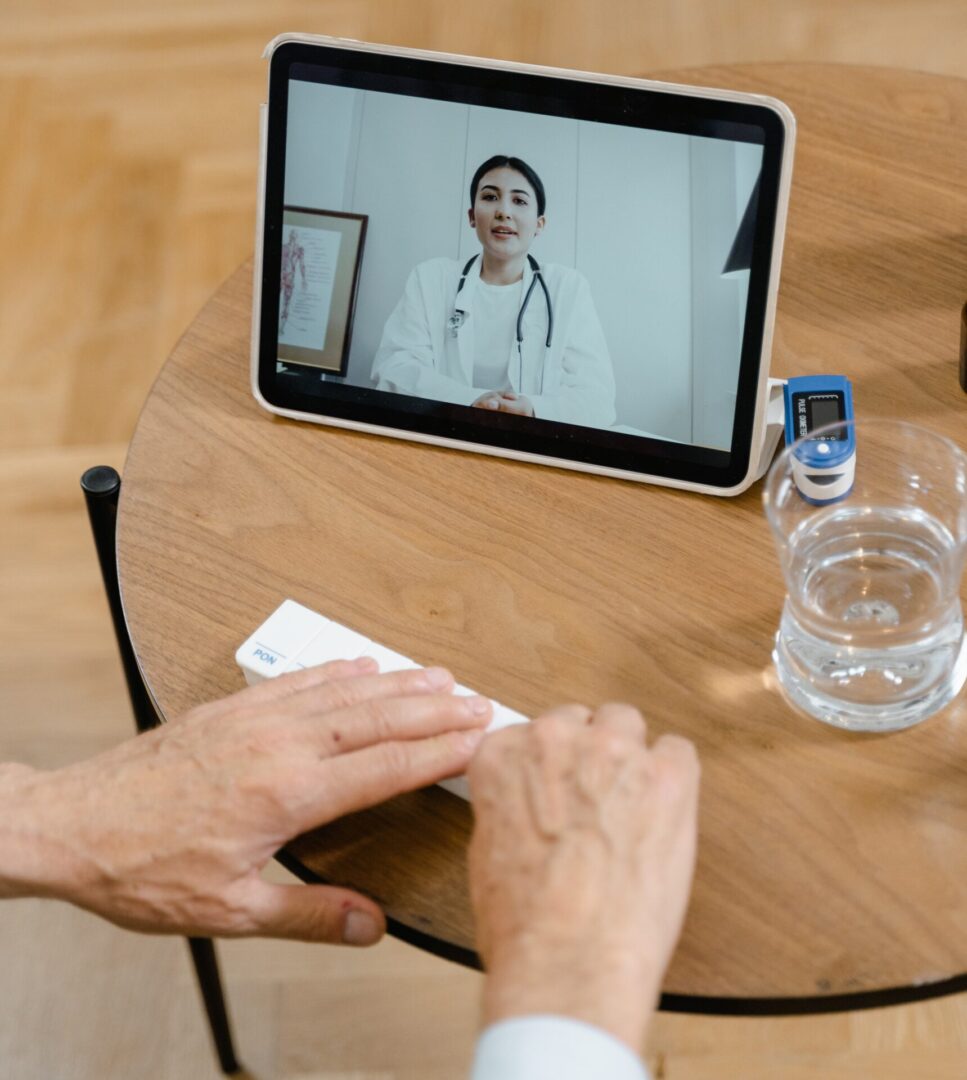Telemedicine Telemedicine is the use of technology to provide remote health services to patients [1]. These remote services can include diagnoses, treatment, and educational resources that improve overall health. Telemedicine can be provided using smart devices such as computers, phones, and wearables. Ways Telemedicine is Delivered Telemedicine is usually delivered through the use...
Tag: digital health
Clinical Decision Support Systems CDSS gather, store, and analyze data from various EHR systems. They provide alerts, reminders, and guidelines to doctors so they can make informed decisions backed by evidence [1]. With CDSS, clinicians can provide personalized and preventive patient care that leads to better health outcomes. CDSS are made up...
Cloud Computing in Healthcare Cloud computing is a method of collecting, storing, and monitoring patient data online. It allows flexibility for providers and patients so that remote care services and data storage can be securely and effectively provided [1]. Therefore, it is no surprise that the industry is expected to grow...
What is Interoperability? Interoperability is when different information systems can exchange, interpret, and integrate data between one another in a meaningful way [1]. The data that is transferred should be done carefully to protect patients. Furthermore, the data should be exchanged both within the same system and between various systems. Different Levels...
Health Information Management Health IT companies often deal with data ranging from medical records to daily operations. IT professionals must protect sensitive data and records from loss. Furthermore, large amounts of data must be acquired and analyzed into meaningful connections [1]. This is where health information management comes in. Health information...
Software Testing Software testing is an essential step in reducing software failure. It’s the process for which developers confirm that the software matches the established functional requirements [1]. However, oftentimes developers and companies opt out of the quality assurance process. 36% of respondents who were asked why they skipped testing claimed...
Background Non-Compliance in Healthcare The prevalence of chronic conditions is increasing as people live longer but lack the proper health resources they need. Therefore, it is concerning that noncompliance is also increasing among patients. Medication nonadherence has led to around 125,000 annual deaths [1]. Furthermore, non-compliance results in a quarter of patients...
Background The population of those 65 years and older is growing thanks to increased health advancements. However, due to their age, seniors are at an increased risk for diseases. This requires more frequent visits and check-ups. Oftentimes, the older patient requires assisted living in order to monitor their health. Surprisingly though,...
Introduction Remote monitoring continues to be mentioned in the healthcare industry due to its promise of providing proactive care. Currently, chronic conditions are leading as the cause of death; by 2030 they are expected to cause 69% of deaths [1]. This is concerning because patients with chronic conditions such as heart...
Background Being able to securely transfer data between a patient's care team and provide remote services is crucial to providing preventive and personalized care. One area of concern is telehealth, which has become increasingly used to provide remote care. A survey revealed that 52% of telehealth providers experienced patients who declined...









